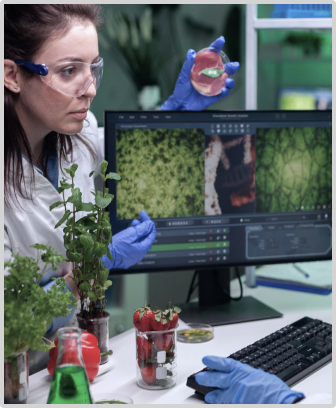Climate Change & Sustainability
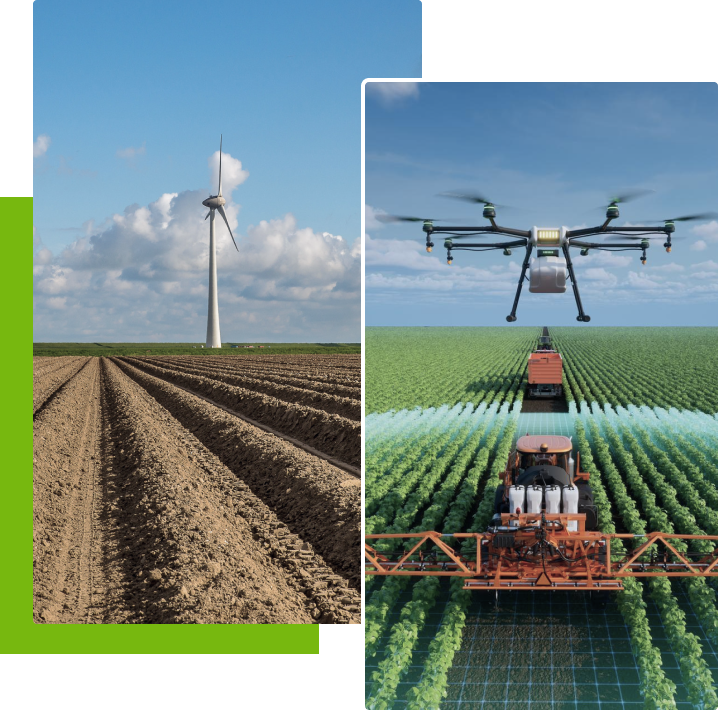
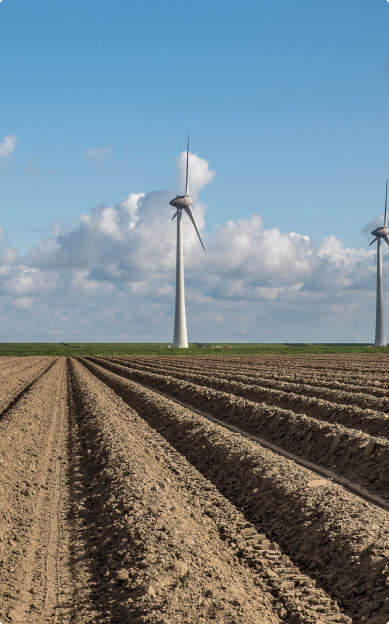

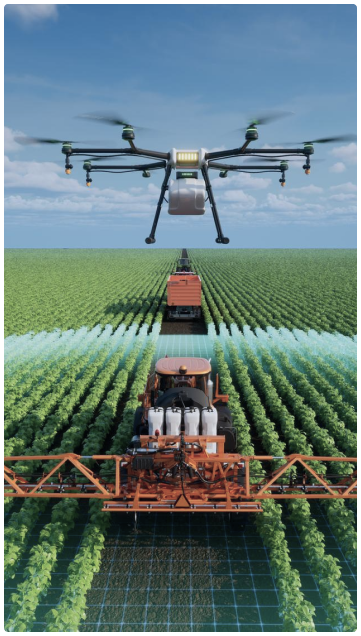
Tackling Climate Change through Education
Climate change presents formidable challenges for agriculture, including altered rainfall patterns, increased frequency of extreme weather events, and soil degradation.
Considering this, SATI pursues climate change and sustainability efforts to equip agricultural professionals with the skills to confront environmental challenges. By focusing on smart irrigation, precision agriculture, and climate-resilient crops, SATI promotes sustainable farming practices that conserve resources and reduce environmental impact.
These initiatives prepare the agricultural sector to adapt to changing climate conditions, ensuring long-term productivity, resilience, and food security in an increasingly volatile environment.
Smart Irrigation Systems
Training in Smart Irrigation Systems
Educational Focus
Our programs will focus on the deployment of AI-driven irrigation systems, leveraging real-time weather data and soil moisture sensors to achieve precise water management. Students will learn to implement technologies that adapt irrigation schedules and quantities to current environmental conditions.
Outcome
Advanced techniques will significantly reduce water wastage, enhance water use efficiency, and lead to improved crop yields, addressing the critical issue of water scarcity exacerbated by climate change.
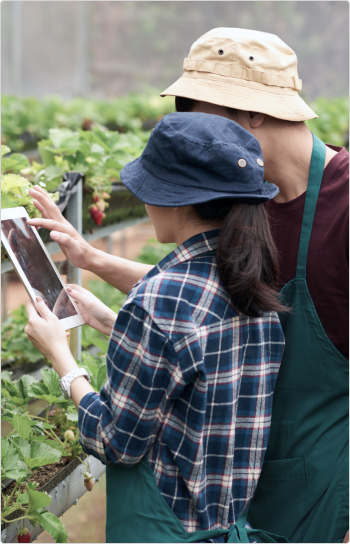
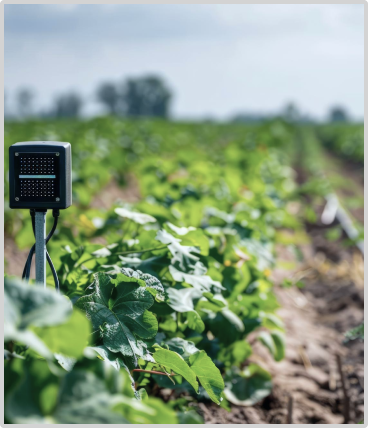
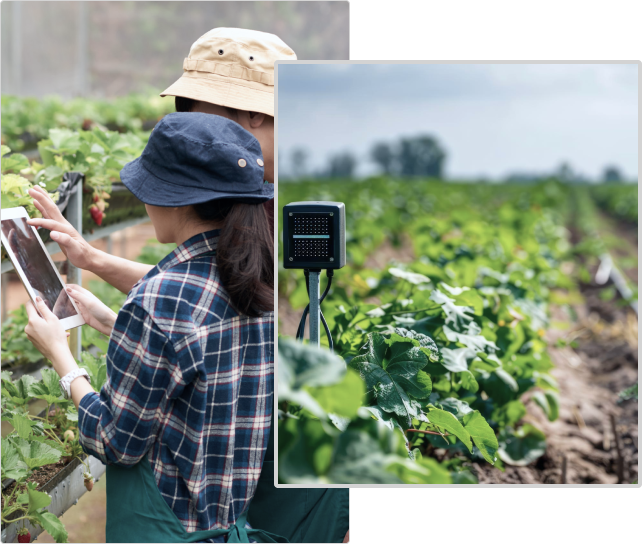
Adoption of Precision Agriculture Technologies
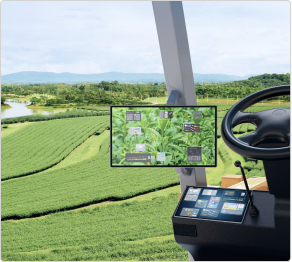

Educational Focus
Training will include the use of GPS-guided machinery and Variable Rate Technology (VRT) to optimize the use of inputs such as fertilizers and pesticides. Students will also gain expertise in AI-driven crop health monitoring and pest management systems.
Outcome
This approach will increase operational efficiency, minimize environmental impact, and ensure that resources are used effectively, aligning agricultural practices with sustainability goals.
Development of Sustainable Farming Practices
Educational Focus
Programs will cover the integration of crop rotation algorithms, organic farming technologies, and techniques for managing soil health. Training will also emphasize sustainable land use practices that contribute to long-term soil fertility.
Outcome
These practices will enhance soil health, reduce environmental degradation, and promote sustainable farming, making agriculture more resilient to climate change impacts.
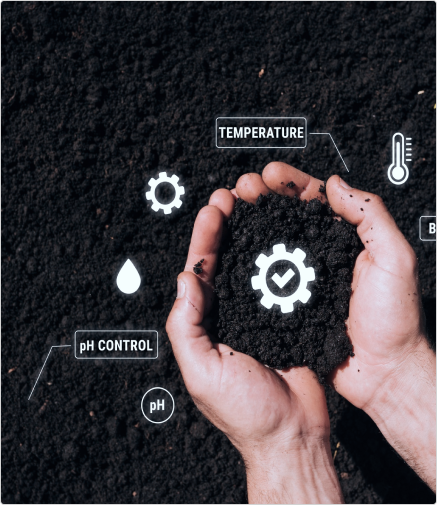

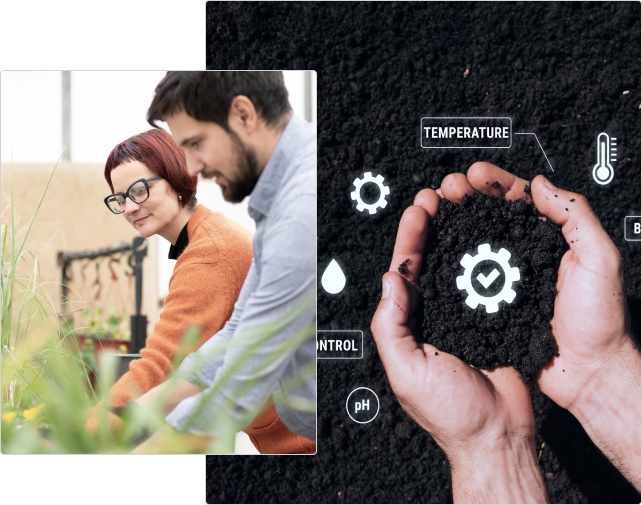
Integration of Climate-Resilient Crop Varieties
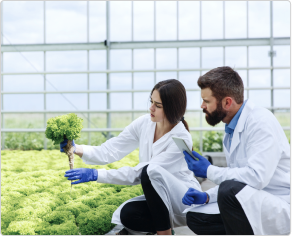
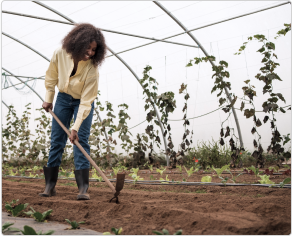
Educational Focus
Students will be trained in the development and cultivation of crop varieties resistant to climate variability. This includes understanding the latest research on crop genetics and adaptation strategies to ensure robustness in changing climates.
Outcome
Enhanced crop resilience will lead to more stable yields and food security, even in the face of unpredictable climate conditions.
Research and Innovation in Climate Adaptation
Educational Focus
SATI will emphasize research into innovative agricultural practices and technologies designed to adapt to climate change. Training will involve exposure to cutting-edge research findings and new technologies aimed at improving agricultural resilience.
Outcome
The program will produce professionals capable of developing and implementing effective solutions for climate-resilient agriculture, fostering innovation and practical adaptation strategies.

